Light born in the night
Born in the night,
Mary’s child,
a long way from your home;
coming in need,
Mary’s child,
born in a borrowed room.*
Oh that the heavens would tear open.
Break into our reality, our experience, our lives, Holy One!
Bring change to our circumstances of suffering and trial.
Bring light to this darkness.
That we hear in this song a waiting for the incarnation of God to be born again in a darkened room is not simply transporting ourselves to a poorly lit stable in Bethlehem in the middle of the night. That Mary’s child is born into a dark place is a statement of hope that light can and will and does shine through the dark.
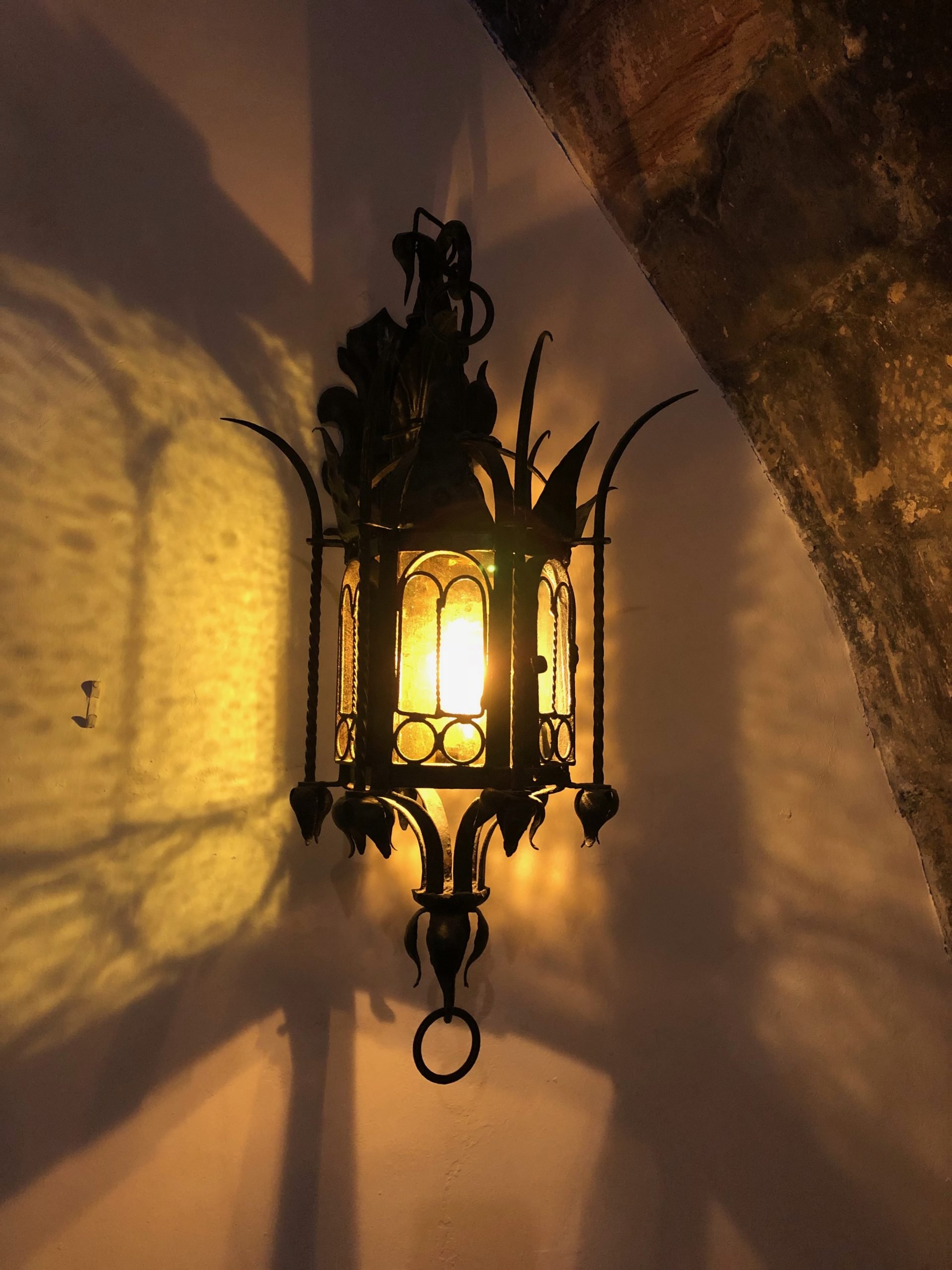
In the book of Isaiah, we have ‘the collection of an ongoing tradition that spanned more than two hundred years’ (John J. Collins, Collegeville Bible Commentary) of trouble, exile, despair at feeling lost and far from God.
We hear today from the tradition’s latest part, when exiles had returned to Jerusalem, but not to idyllic home and peace. There were deep divisions within the community – some Israelites remained in Jerusalem while others were in exile; some exiles returned and some did not; the different experiences shaped people differently, and created many points of tension and conflict.
There’s a sense through this part of Isaiah that although we understand it to be set in a time after exile, exile may in fact still continue. One clue for that is that the Temple has not been rebuilt, which is something that we know happens in the post-exilic period. Perhaps the writings have been shuffled into order based on themes for the final composition. Perhaps transition out of exile is messy, taking time, the light of return and the dark of exile co-existing somehow for some time.
On a different scale, of course, I wonder if our story carries within it similar themes: these difficult times, exiles of sorts created by lockdowns and closed borders, and the oppression or persecution we experience at the hands of this silent, deadly, virus. We have been brought to our own examination of what authentic worship is for us at Wesley in these circumstances, and what it will be in a very different future than what we had expected this time last year.
Light on a darkened day
…
your face lights up our way;
light of the world,
Mary’s child,
dawn on our darkened day.*
It feels like dawn, though, in this drought-fire-storm-pandemic story of a year; but a dawn breaking on a not entirely clear day.
Drought is, we think, behind us – for now. Forests and fields are beginning to display the green of new birth against the blackened landscape left by last summer’s fires. Homes, businesses, our church, are finally being restored after the hail storms earlier in the year – but drought, fire, storms, are always just around the corner. it’s dawn, but the day is cloudy.
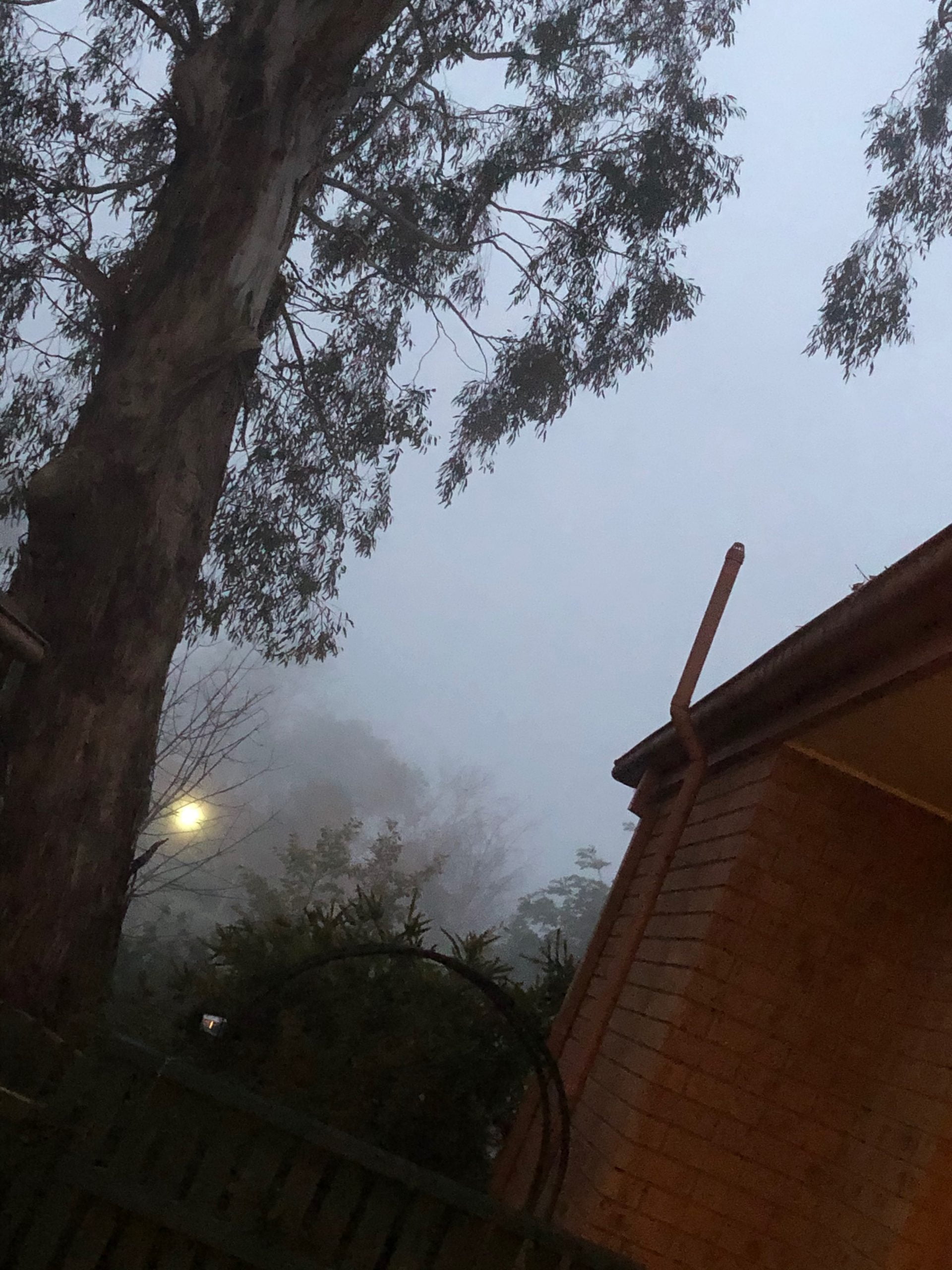
And we tentatively step beyond sheltering at home, across newly opened borders, with cautious optimism that our response to further covid cluster outbreaks will contain the virus effectively. A first hint of dawn. but dawn on what is still a very hazy outlook.
But however yet to be fully revealed or realised, light is still light. Turn out all the lights at bed time, and how dark is it really, as streetlights and moonlight peek around the edges of the curtains ?
It can be a challenge to block out all the light, to create proper dark. Isrealites exiled in foreign lands learned from their prophets that it is quite difficult to keep the light of God out of their lives entirely.
And that there – did you feel it? that is a glimmer of light. And a glimmer of light is still enough light to disrupt the darkness. a glimmer of hope is still enough hope to keep us hanging on to life.
What are the glimmers we’ve seen through this dark season? phone calls and cards to keep us connected while sheltering at home; emails, blogs, video links, hand delivered prayers and sermons to help us worship at home while we were far from our shared home of worship. we’ve had zoom and spaced seating in the building, musicians recording our songs, and now singing them here for us live, though we are exiled in a way from our community singing. glimmers. hope. light in the dark.
Light and the cost of hope
Truth of our life,
…
you tell us God is good;
…
go to your cross of wood.*
Hope sometimes comes with a cost, and often our hope comes through a price paid by someone else.
Martin Luther King, Ghandi, Mother Teresa, Rosa Parks – some of the names most often cited of those who have bought hope for others with their life, their safety.
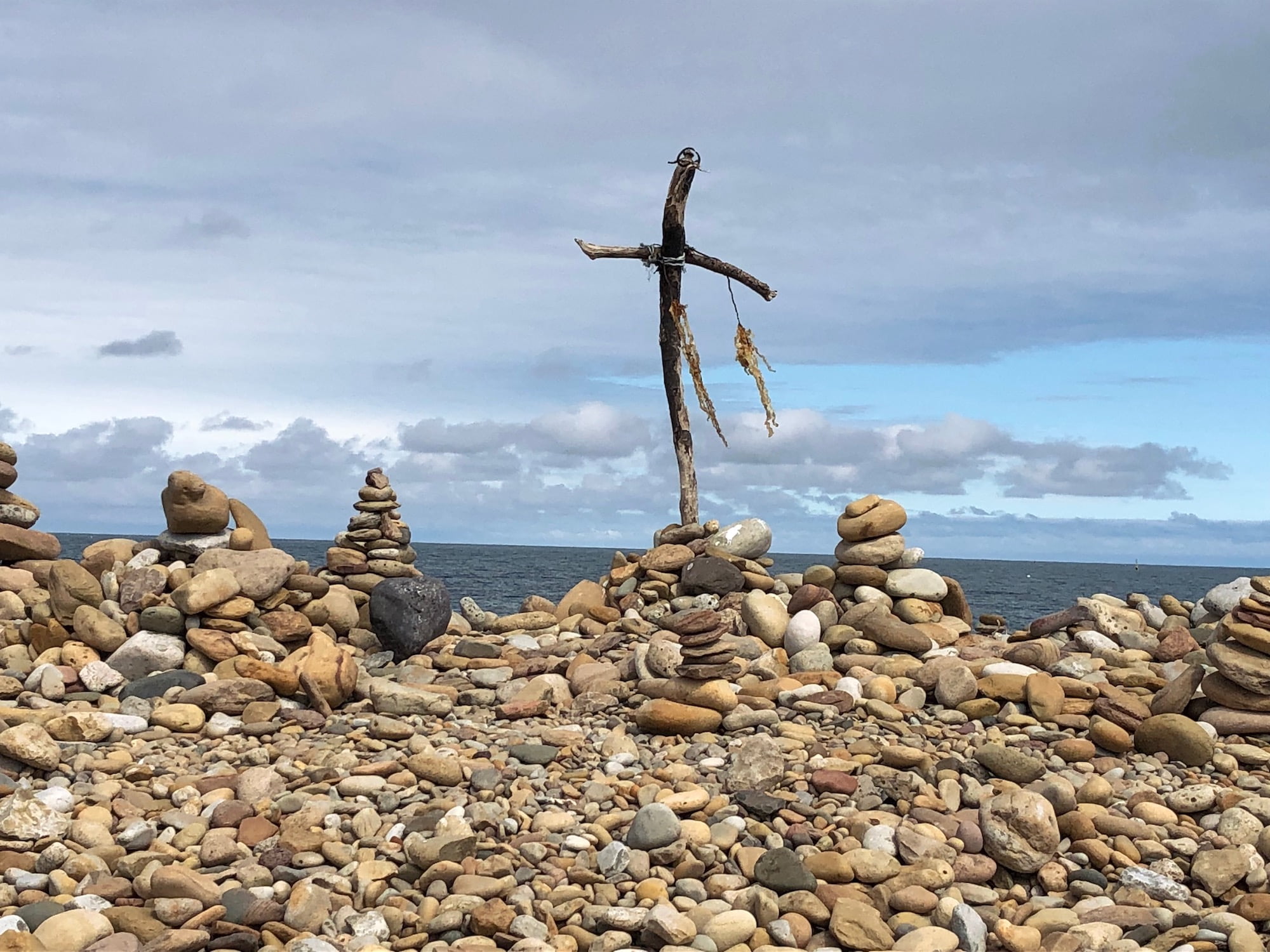
Beatings, vilification, imprisonment, poverty – the vulnerability of those who so commit to humanity’s liberation, freedom, dignity, healing is profound. For people of colour in contexts of white privilege, hope has been bought by those who have stood up, sat down, spoken out, reached down to plant seeds in the dark fertile earth. For those living in poverty, without access to health care or education, hope is bought by those who enter their poverty, tell their story, and bring the privileged to account and to help. For countless generations living in an imperfect world, hope is bought by God revealed through costly grace, incarnation, love.
What will we do with the hope that has been bought for us? What will we pay in order to keep light shining in the dark for each other?
Light our way again
Hope of the world,
…
you’re coming soon to reign;
King of the earth,
…
walk in our streets again.*
Do you balk at the idea of Jesus as ‘king’ ‘lord’ ‘ruler of all’? Such language was once profoundly counter-cultural, in an era of empire and subjugation to foreign rule.
Phil Ruge-Jones describes the way a storyteller today must remember, inhabit, and convey for an audience 2000 years removed from the story’s beginnings, the impact of oppression of Roman Empire over Israel. To those in Jerusalem and Galilee, where the stories take place, the promise of a new rule, way, world order, was hope the people desperately needed. It was an Empire that, sure, brought helpful infrastructure of roads and buildings to cities and towns, but it was an Empire that kicked the little people further into the dirt and made it ever more difficult for them to get up again.
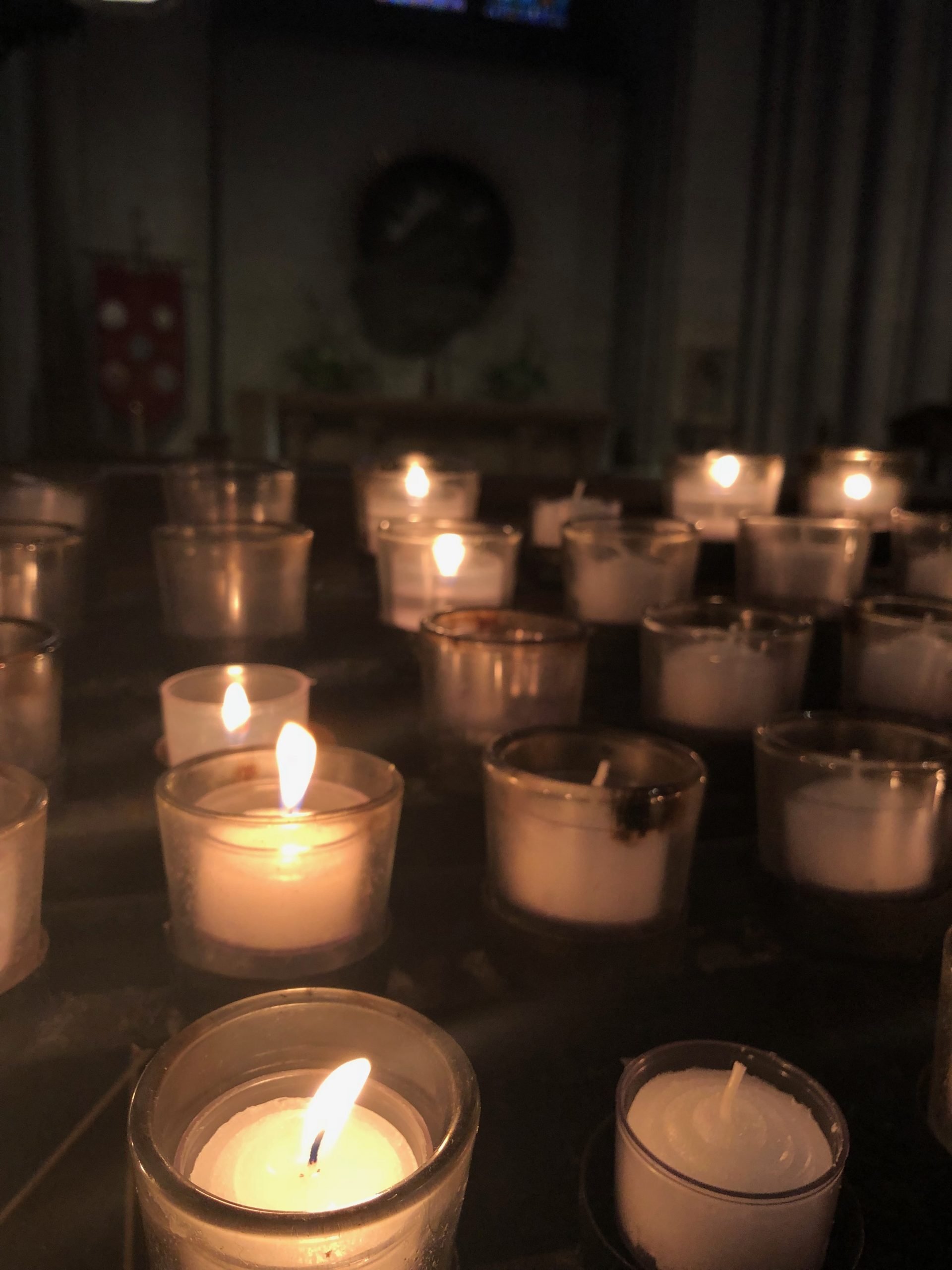
In that context, hear the story of a new ‘king’ – a new kind of king – or emperor or ruler, and the response is a palpable sigh of relief, of hope that this darkness of oppression and persecution, of exile from a nation’s own autonomy even while they remain in their own land, is not the end of the story.
We have heard the stories of Jesus’ birth and the warnings of his return so many times, they’ve lost their impact, I think. We here in Canberra are overall a privileged community, with high proportions of education and wealth, easy access to health care and quality (if not always terribly affordable) housing.
So what hope do we need from a liberator from Empire? What does it mean for us to receive an invitation to participate with the Son of Humanity in his new, alternative, eternal rule, when the present order suits most of us just fine, thank you very much?
Quite apart from the light of hope we, from our relative sunshine might share with those in the dark, through advocacy, financial support, solidarity, and reconciliation, let’s listen to the imperative Jesus speaks: You do not know when the master will come, so keep awake.
In and between the lines from Mark we’ve heard today, I’d like us particularly to hear this:
an assurance of the enduring word of God in the voice of Jesus who is greater than the prophets who had delivered God’s word of hope to past generations. which is to say, as Jesus does, heaven and earth may pass away, but Jesus’ words, Divine words, will not pass away.
What Jesus tells us of life, of God, of the new way in God’s realm, can be trusted to endure.
That is in contrast to false prophets and pretend liberators mentioned in the verses just before those Colin read for us today. if I gave you a only few minutes, could you find your own examples of such from our age or ages past?
But why does it matter that the Divine word on the voice of Jesus is enduring and trustworthy?
Even with all the apocalyptic warning we have in these verses today, the point actually does not concern the end of this age, the new age, or even the so-called second coming of Jesus, as much as it is an imperative to live God’s way here, now.
Being watchful as Christians might, according to scholar Pheme Perkins, be like this:
‘The early religious orders practiced a time of examining one’s conscience, in which all members assessed how their behaviour of the day just passed reflected (or neglected) the conduct expected of members of their order. Being a faithful Christian does not just ‘happen’ like crabgrass or dandelions popping up in the lawn. It requires care, attention, and cultivation of an expert gardener.’
In other words, we must keep awake to our daily living, turning and returning to the way of Jesus constantly. Turning and returning to the light that shines here, now, no matter how dark it might get. So that by telling the story again each year, of light born into the dark, we hang onto that glimmer of hope, and keep it shining for each other.
* ‘Mary’s Child’. Words and music: Geoffrey Ainger.
Source: All Together Again
Sermon delivered at Wesley Uniting Church, 29 November 2020

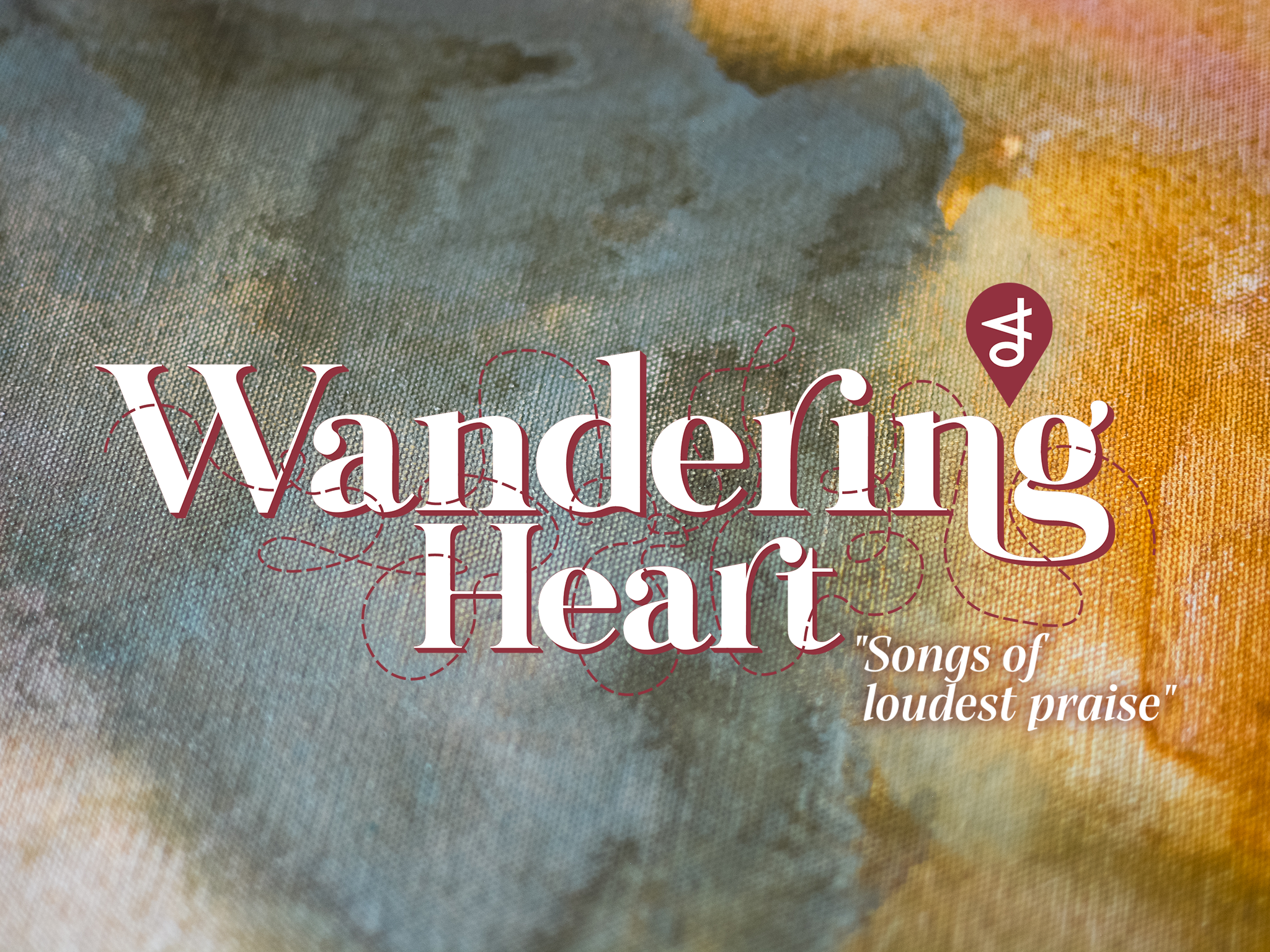
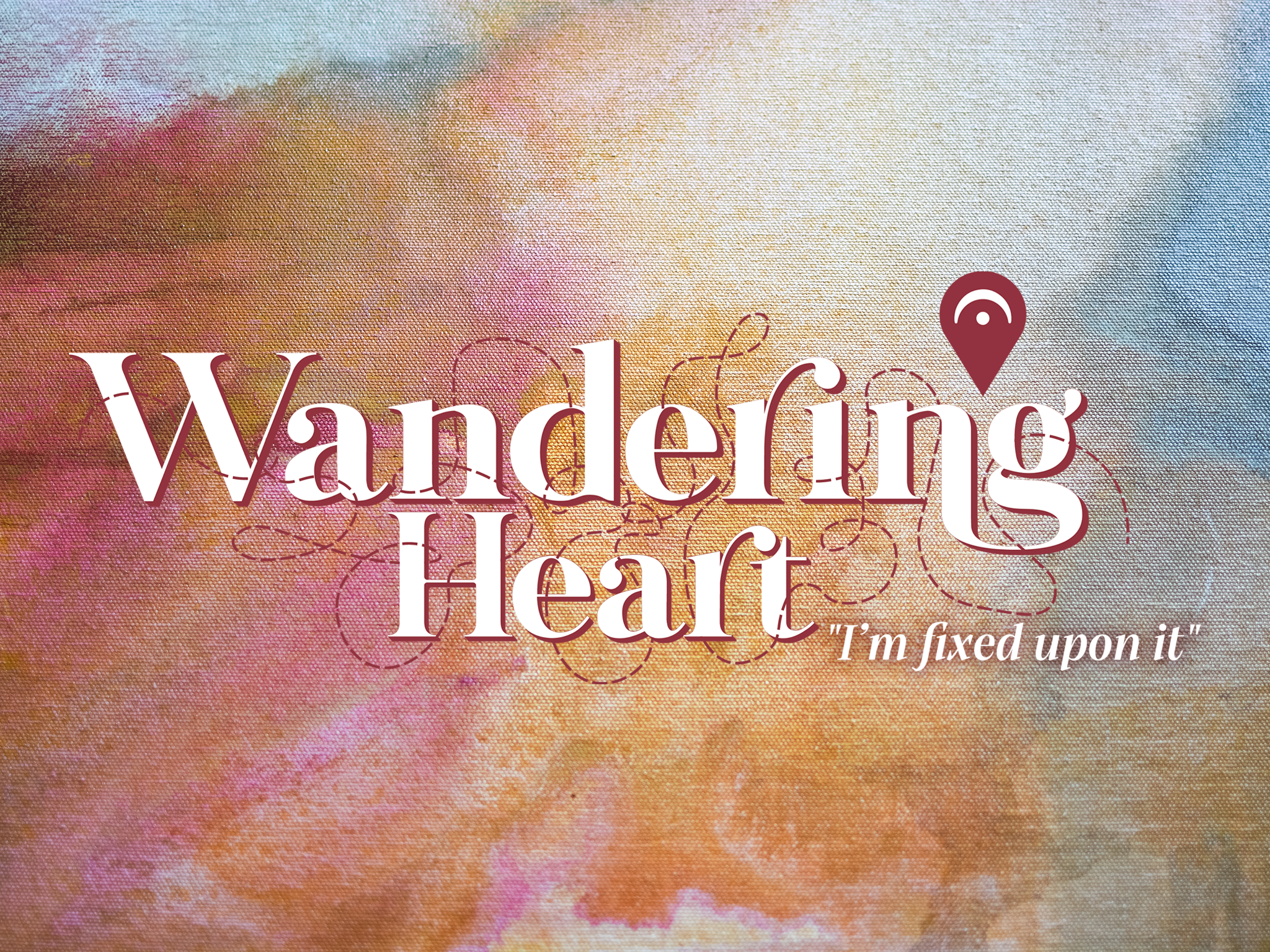
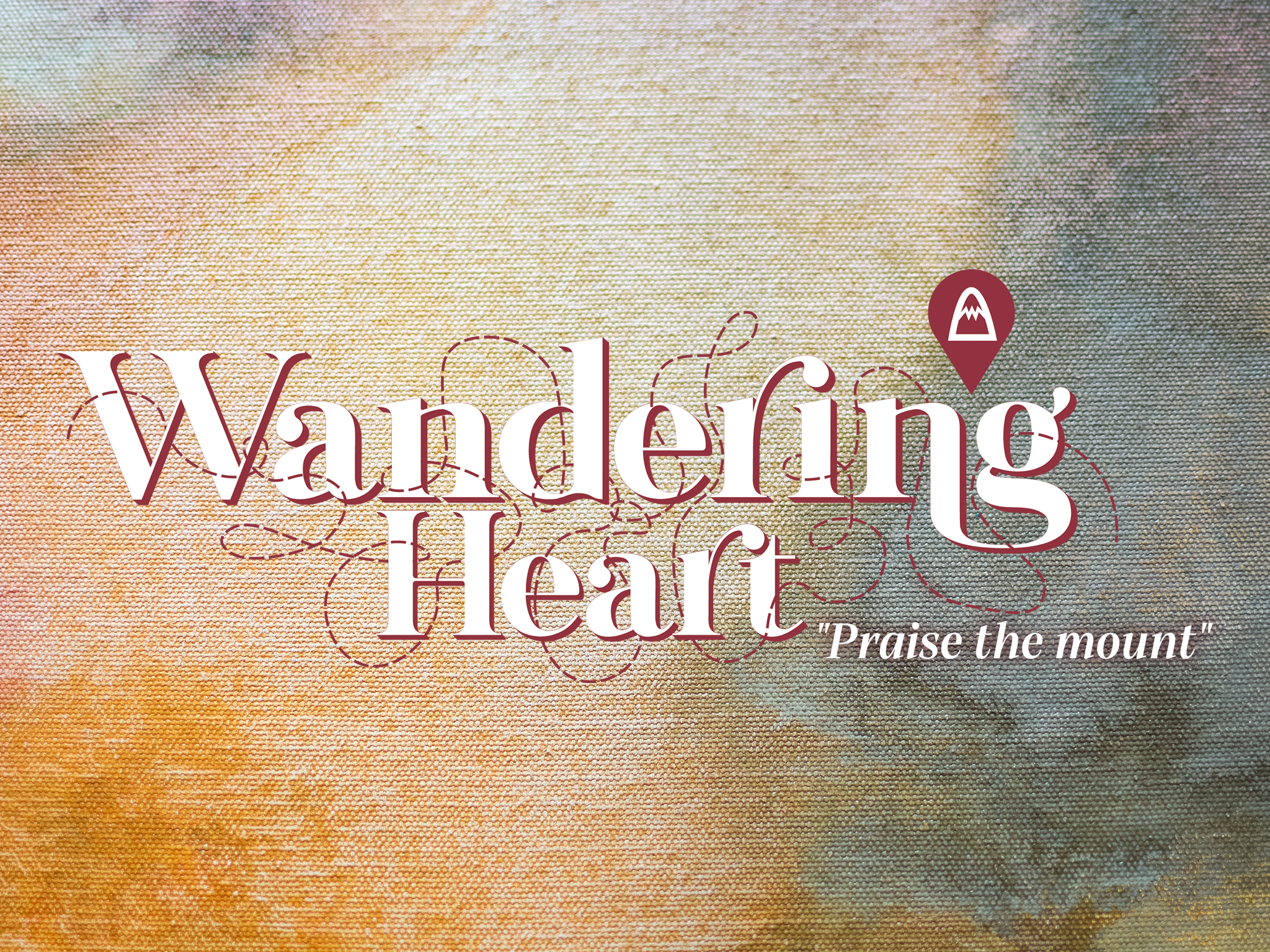
Leave A Comment